Mauritius
Pointe aux Piments, is a port located in the north-west of the island of Mauritius in the Indian Ocean.
Fishermen at the port are unable to deal with the consequence of climate change and the coastal erosion caused by pollution and illegal fishing.
They complain that the working conditions have become difficult adding that they have no other alternative means.
They said the environmental issues in the area were causing scarcity of fish and lack of financial capability.
“Coastal erosion depends on climate change, you know. Before now, it was different. Previously, when we go fishing, we catch 10 kilos, 15 kilos per day. But now I don’t even get 5 kilos. It is difficult,” Rajcoomar Panchoo, a fisherman said.
There are about 2,300 fishermen on the island of Mauritius.
The coastal States must face erosion, which, scientists, say is a normal process, adding that the acceleration is problematic.
Marked by several similar characteristics: elevation of the sea, laundering of corals, increase of the temperature of the oceans among others, the small developing African island and the African coastal countries in the last few years have benefited from several programs in the fight against climate change involving the management of marine resources.
The Economic Commission for Africa has presented several programs to small developing island states of Africa, stressing the development opportunities of the blue economy.
“The vision of the whole country is the development of the whole population in terms of quality of life. The idea is not to invest in the ocean economy to be able to stop the erosion but rather to understand the impact of different types of economic activities, that is, the ocean economy or others on the environment including the erosion. And to see how to mitigate and the means that should be taken. But also with economic development that is done,” said Dristy Ramdenee, Director of Oceans Economics at the Mauritius Agency of investment.
The World Bank has also put in place, several programs including the management of the west coast of Africa, designed to promote investments for the adaptation to climate change.
Experts from the World Bank, noted that it is difficult to quantify states with the blue economy. States have a vision for the blue economy, but they do not see the added value that the sector can bring.
“We believe that putting the coastal erosion as part of the blue economy is fundamental because it brings the discussion to another level. This is no longer just a question of infrastructure, this is no longer just a question of protection, it is a question of integration of a more detailed program of the Blue Economy, the development of ports, coastal erosion and the fundamental problem that we see, if we do not address the coastal erosion quickly, a part of the African economy may be affected,” said Jamal Saghir, Advisor/Regional Principal, World Bank, Africa.
The island of Mauritius in collaboration with the World Bank Group, had on September 1-2 organized a ministerial conference on the economies of the oceans and climate change.
Several topics were discussed including financing, growth, sustainability, employment, and spatial planning.
The outcome of the event is to be submitted to the United Nations Conference on climate in Marrakesh scheduled on November 7-18th.





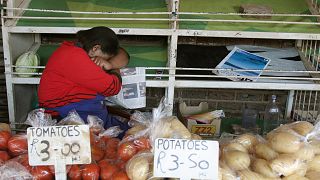
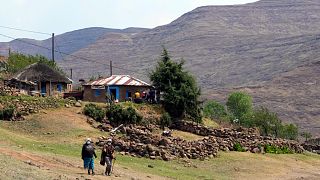
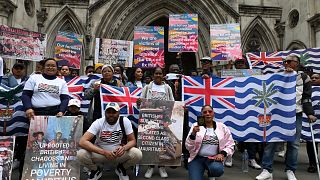
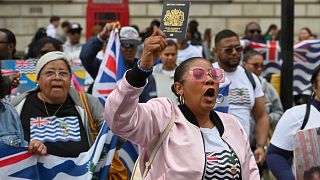
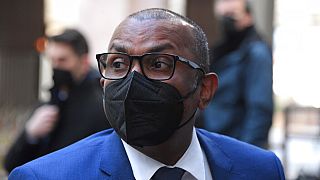
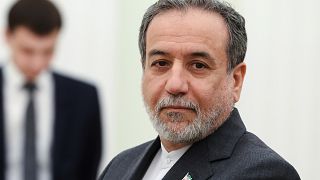


01:15
Morocco says 2024 was the hottest year with temperatures reaching 47.7 degrees
Go to video
Major nations agree on first global tax on shipping’s greenhouse gas emissions
01:41
Ocean carbon solutions face growth and environmental challenges
05:45
Study finds world's mountain glaciers melting faster than ever before
01:11
Extreme weather's toll on education: a UNICEF report overview
01:15
Trump signs executive order directing US withdrawal from the Paris climate agreement